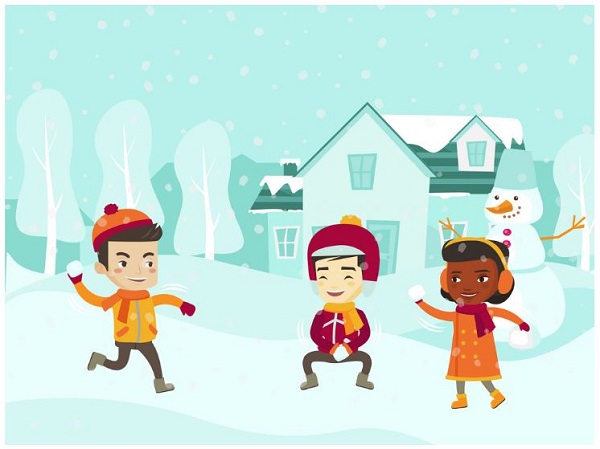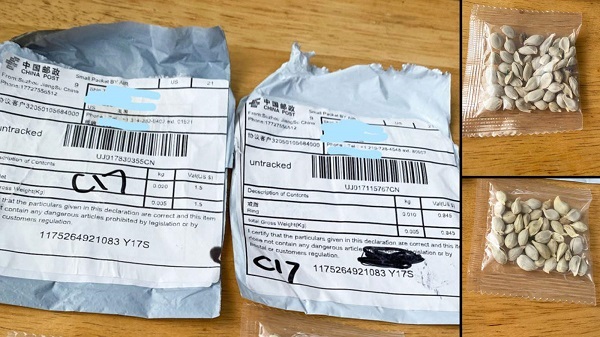
Thus far, the current economic cold war between the United States and China is like a children’s’ snowball fight. If it were adults fighting, one would think they would have learned from the previous cold war. At least the U.S., with a relatively recent history of gunfighting, should know how to avoid shooting itself in the foot, as it seems to be doing these days with President Trump’s threat of banning the WeChat app, which is likely to hurt sales in China by companies such as Apple, Ford, and Walt Disney. And Trump’s forcing Chinese companies listed on American stock exchanges to comply with American accounting rules could trigger hacking of the November 3 presidential election. And last, but not least, is the continuing hijinks of Huawei and corralling of it by the USA.


